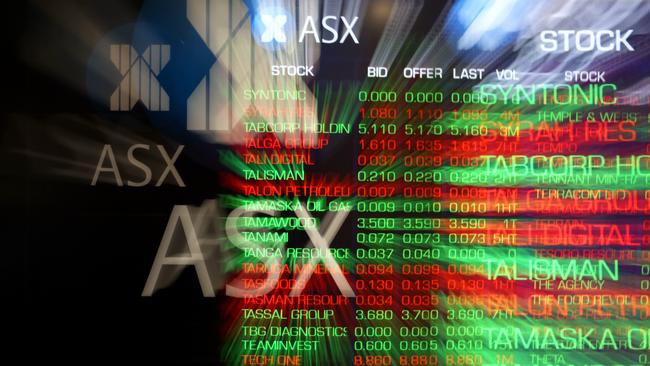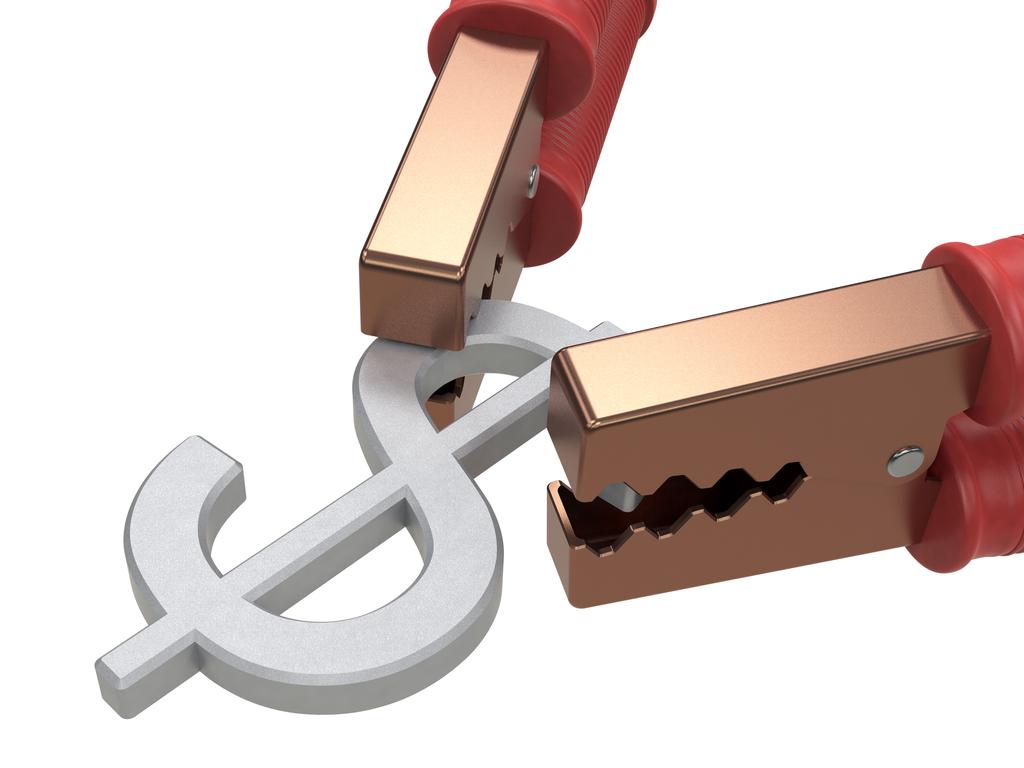Low-cost brokers break the mould as millennials start trading shares
We might not have the zero-cost broking model such as Robinhood in the US but that hasn’t stopped younger Australians from discovering the delights of share trading.

Australia might not have the zero-cost broking model for local shares popularised by the US platform Robinhood – or not yet anyway – but that hasn’t stopped younger Australians from discovering the delights of share trading.
Call them millennials or zoomers, they’ve been using their lockdown time – prolonged, in the case of Sydney – to good effect. What’s more, they’re not just trading the ‘‘meme’’ stocks plugged by dubious influencers on Reddit or TikTok.
The trends bode well for SelfWealth (SFW), the only listed low-cost broker which works on a flat fee of $9.50 per trade.
The company claims to be the country’s fifth-biggest retail broker overall, with a 7 per cent share of a market contested by no fewer than 40 providers.
“We have grown at a fantastic clip in the last 18 months from where we were at the start of the pandemic,” says CEO Cath Whitaker.
Last November SelfWealth launched a platform to trade US shares, just in time to surf the upsurge in trading sparked by the Gamestop short-selling frenzy.
Under the zero-fee model that has burgeoned in the US, brokers make their money from fees paid to so-called market makers: intermediaries that consolidate the trades and execute them at a slightly lower price than the order stipulates. It’s a volume-driven margin game.
Because of the ASX’s monopoly fee structure, Australia doesn’t have zero-fee brokers. But competition is certainly ramping up in the low-fee sector.
On the left are the big four banks’ broking operations – led by the monolithic Commonwealth Securities – and CMC Markets (which is in alliance with ANZ).
“Then as I look to the right I see the newcomers such as Superhero, Stake, or Raiz and Spaceship with a slightly different offering to ours,” says Whitaker.
Superhero, which offers $5 local trades and free US share and ETF trades, has been splurging on prime time advertising. Stake is planning to extend its trading offering from the US market to the ASX.
Other strong competitors are the US-based eToro and the UK-based IG Markets. SelfWealth claims to be the only low-cost platform to offer direct legal ownerships with holder identification numbers (HINs) rather than custodial arrangements. SelfWealth shares have fallen some 9 per cent over the past year, but they’re up 228 per cent over two years.
Whitaker believes quasi zero-free competitors will emerge for the local market, using a loss-leading strategy based on generating income from foreign exchange fees or other peripherals.
“In the digital world you are paying for the product or you are the product; they are going to make their money somehow,” she says.
(Earlier this week SelfWealth pushed the button on a $10m capital raising which saw the shares drop 9 per cent. The fall is in line with the 9 per cent discount offered on the deal.)
Meanwhile, SelfWealth’s ‘‘orphan’’ status is about to be challenged by two new entrants, albeit with different product propositions.
Having raised $10m of IPO funds, OpenMarkets plans to debt later this year.
OpenMarkets is more about business-to-business provision of services to other brokers (including SelfWealth).
Behind the scenes, it clears more than $50bn of trades annually, across 200,000 accounts.
It also has a trading platform called Open Trader, a ‘‘self-directed’’ platform for “serious active investors”.
Meanwhile, the remaining listed full-service brokers are putting on a mixed display, with shares in Bell Financial Group (BFG) lifting 41 per cent over the last year and 180 per cent over the last five years.
Following its acquisition of local rival Hartleys, the Perth based Euroz (EZL) said it would pay a final dividend of 13.5c, which equates to a handy full-year yield of 8 per cent.
Euroz shares have gained 87 per cent and 155 per cent over one and five years respectively, but the broker relies on buoyant WA mining conditions.
Now known as E&P Financial Group (EP1), Evans Dixon has shed 70 per cent of its value since listing in 2018. In a mediated settlement this month, the group agreed to pay a $7.2m penalty for not acting in clients’ best interests by directing them to a related US property fund.
Tim Boreham edits The New Criterion.
tim@independentresearch.com.au






To join the conversation, please log in. Don't have an account? Register
Join the conversation, you are commenting as Logout